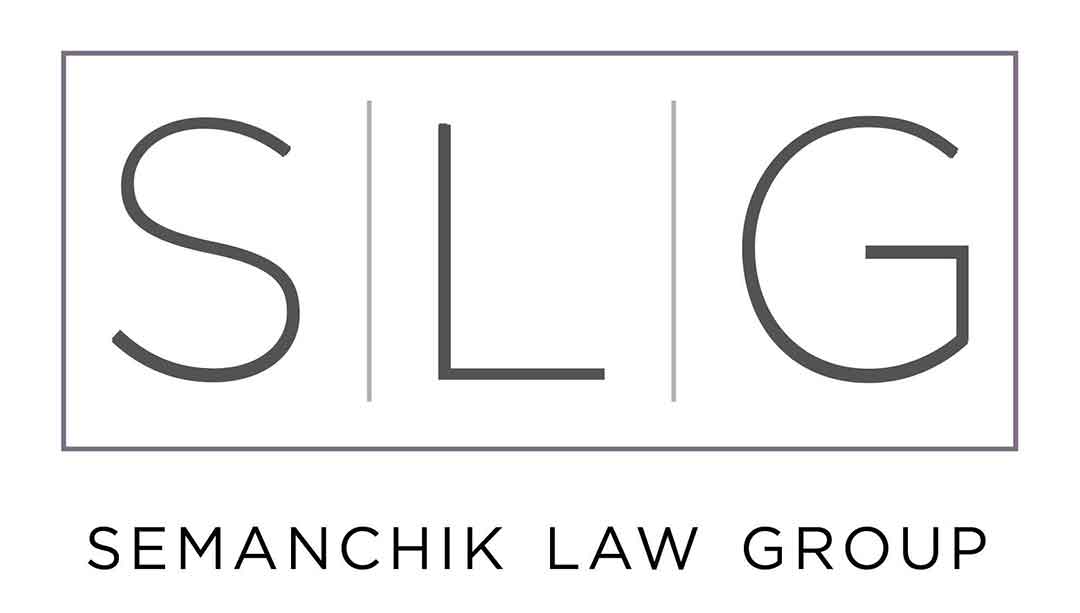Can Nonprofit Board Members Get Paid?
When founding nonprofit organizations in California, many people ask if they can compensate their board members. It is a reasonable question, especially if the board intends to dedicate a significant portion of its income to the nonprofit.
The short answer is yes. Nonprofit board members can receive compensation for their work. There are no state or federal rules that forbid this practice. However, there are several laws that regulate it.
Federal Laws on Director Compensation
The Internal Revenue Service (IRS) stipulates that all compensation paid to the directors of a charity must be reasonable. It is not lawful to make excessive payments to board members.
IRS guidelines state that a director’s compensation is generally deemed to be reasonable if:
- It is approved in advance by an authorized body that does not have a conflict of interest;
- The authorized body obtains and utilizes data to make an informed decision; and
- The authorized body documents the basis for its decision in a timely manner
Nonprofit organizations must disclose their methods for reviewing and approving director compensation in their annual Form 990 filing.
Additionally, charities are generally required to issue Form 1099-MISC to any board member that receives more than $600 in compensation in a single year.
Organizations that fail to comply with these federal rules can receive substantial penalties. In some cases, they may even lose their tax-exempt status.
California Laws on Director Compensation
The California Nonprofit Integrity Act of 2004 (CNIA) stipulates that all compensation paid to the CEO and CFO of a registered charity must be “just and reasonable.”
This rule is similar to the regulation outlined by the IRS. It requires charitable organizations to carry out an in-depth review prior to approving a director’s compensation package.
California’s rules regarding director compensation don’t end there, however.
California Corporations Code Section 5227 limits the number of board members that may be an employee or contractor of their nonprofit. It states that:
“Not more than 49 percent of the persons serving on the board […] may be interested persons.”
This regulation defines “interested persons” as:
- Any person currently being compensated by an organization for services rendered as an employee or an independent contractor in the previous 12 months, excluding reasonable compensation paid to a director for work performed as a director; or
- The brother, sister, ancestor, descendant, spouse, brother-in-law, sister-in-law, son-in-law, daughter-in-law, mother-in-law, or father-in-law of any such person.
If a nonprofit violates this rule, a court can order it to remove directors or expand its board until it complies with the 49 percent limit.
Your Trusted California Nonprofit Lawyer
Would you like a knowledgeable San Diego nonprofit attorney to help you navigate the minefield of board member compensation? If so, please don’t hesitate to contact the Semanchik Law Group. We have been assisting charitable organizations with compliance and employment issues for years, and we are ready to go to work for you!
To schedule an initial consultation with a member of our team, all you need to do is send us a message or give us a call at (619) 535-1811. We look forward to hearing from you!


